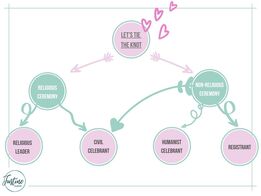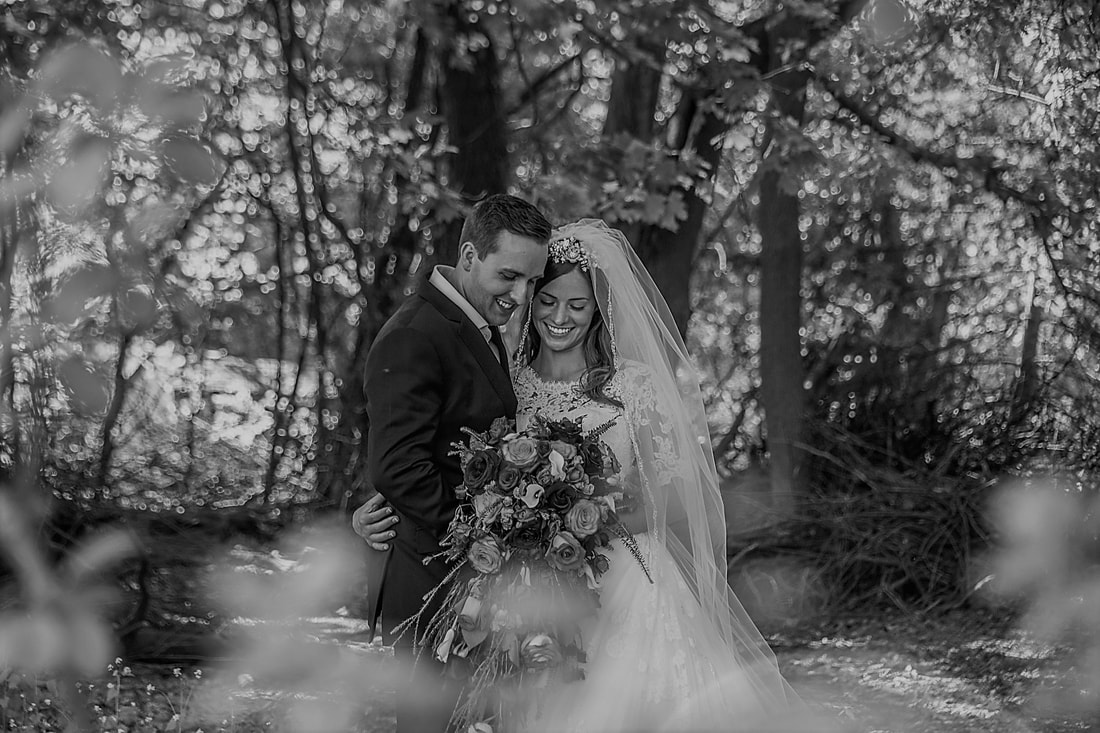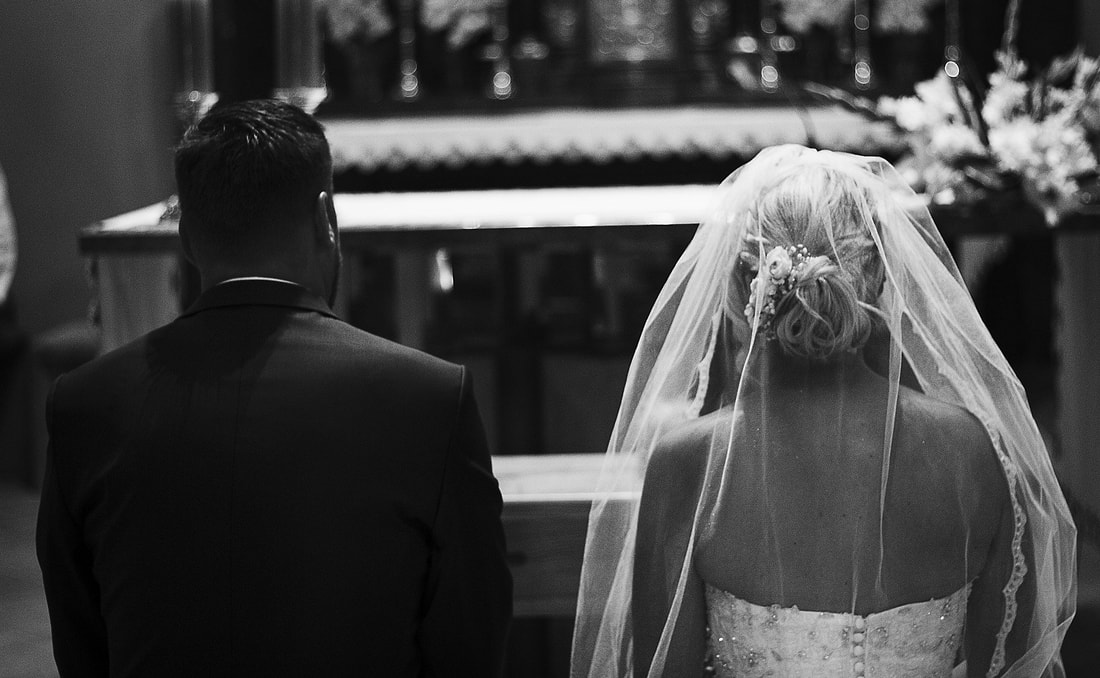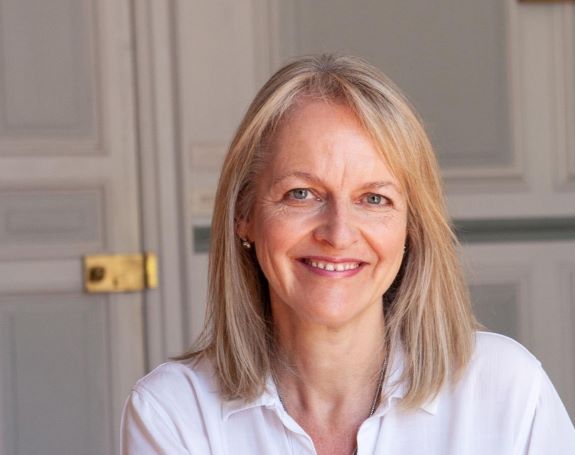|
24/5/2020 0 Comments Who Should Marry Us?
So you are now engaged to be married - how should you start planning your wedding?
Will it be near to home or in another part of England or will you choose a destination wedding? (Note: There are regional differences even Scotland has different laws to England!)
OK - so we want to get married in England but should we start with choosing a venue? - I would love an outdoors wedding, but my partner is worried about the weather being unkind! Who should marry us? - my Mum is religious and would love a vicar to marry us in church - but is that what we want? Our wedding vows are the most important part of the ceremony - can we say our own words? - can I exchange those vows in a woodland clearing with 30 of my closest family and friends? When should it take place? - summer maybe but will everything be booked up over the next 2 years? - HELP!!
Well for a start just breathe slowly and use your mindfulness techniques and think about what you as a couple really want and importantly - remember why you want to get married!!
Where would your perfect day be? What type of service would you like? Who would you invite? Just start writing a list - maybe even both write independent lists and then compare for common ground - focus your mind on what you really want - that will help with the initial planning and for sanity checking as you go along the route of wedding planning.
Next step - speak to the person or organisation that you might want to marry you - they will be able to advise on venues, help you right from the very beginning of the process, look at availability for them as officiant and the venue and book you in, then you can start booking all the other bits like flowers, rings and meal options because the date will be in your diary.
A wedding Celebrant in the UK is someone who leads a wedding ceremony, they are professionally trained and usually self-employed. Celebrants are an amazing option for couples who feel they want something more personal, unique or meaningful than a religious or civil wedding or partnership. In the UK the Celebrant performs the ceremony - including any words, poems, music, modern or ancient rituals that the couple want, they can include any religious text or traditions - so a mixed faith couple can in fact include elements of both faiths or there can be absolutely no religion involved, the couple can exchange rings and very personal vows or they can use traditional vows - there is choice.
The ceremony will usually be bespoke, there will be no time limits and it will include EVERYTHING the couple wants to include and added to that they can do that at ANY venue (beach, woodland, hot air balloon, back garden….) - providing they have the land owners permission AND it can take place at any time of the day or night - providing the celebrant is available! Usually a celebrant will only officiate at one ceremony a day - so there is less rush, making it a very relaxed and sometimes organic experience. In the UK, the Celebrant is not currently legally permitted to register the marriage. Don’t panic though - that is not a problem! An appointment at the Register Office with two witnesses can take place separately - make the marriage official and legal and then you have the celebration you have dreamt of with a celebrant-led ceremony. Here is a link to the Register Offices in Kent.
A Humanist Celebrant works in just the same way as a Civil Celebrant BUT a Humanist is strictly non-religious. Humanist philosophy is that they only trust scientific method when it comes to understanding how the universe works, so their ceremonies cannot include any elements of religion whatsoever.
Other than that, there is flexibility to make it the celebration you dream of.
The Registrar can be booked to marry you at the Register Office or in a venue that is registered for weddings by the local council such as a hotel or in a castle (there are limited number of venues registered for a specific outside space such as a gazebo setting and the venue needs to be open to the public so you cannot have a registrar-led wedding in a private house for example). The service has to be non-religious and must involve a minimum of two witnesses (although you don’t need to know them for them to witness your wedding!) Each partner is required to repeat a standard set of vows. These vows may not be changed, but may be added to, as long as the additions are not religious. Rings are not required but can be exchanged if the couple wishes to. The Registrar is legally able to register the marriage.
If you choose the Register Office as the location of your wedding - slots in in peak season are filled back to back (especially after covid closures, so you need to book as early as possible. If you choose this option, you can then go on to have a ceremony with a Celebrant in the location of your choice or just party with your family and friends at the venue of your choosing. When a Registrar officiates at a registered location, remember - they will need to adhere strictly to time frames as they likely have a list of weddings to officiate that day - so do not be late - they cannot always wait for Grandma to get back from the loo or for a bride to be an hour late!
The Vicar - it will be of no surprise - will marry you in a church - a traditional service and a traditional church setting. The marriage must take place between 8am and 6pm on available days in the week - usually not Sunday and at a specific time - there may well be another ceremony before or after your wedding. Banns will be read out in the parish where you are getting married and the parish that you live in, for 3 consecutive weeks prior to the ceremony. If you are short of time - there is a way of skipping this step but you will need a Common Licence. The granting of a Common Licence is at the discretion of the church legal official to whom the application is made, so is not necessarily a guaranteed route to marrying in a particular church, also part of the Common Licence application process requires you to swear an oath in person (in England) before a legal official. Couples who live abroad need to bear this in mind when planning a wedding in England.
You don’t have to be religious to have a CofE wedding but a catholic wedding requires at least one of you to follow the faith but remember this will be a religious service - you will be expected to have a connection with the church, whether that be living in the parish or your family have a link to the parish church. Some vicars may require attendance at church when banns are being read or lessons in faith. Wedding vows cannot be altered in England or Wales although in Scotland you can vary the traditional vows as long as the minister approves them - so if you want to write your own vows - this probably isn’t your ideal service. Ministers and Priests of all other religions can be authorised to register marriages and must have a certificate or licence to do so from the local Superintendent Registrar. For Jewish and Quaker marriages, the authorisation is automatic. For all other religions, if the official performing the ceremony is not authorised, either a Registrar must attend the religious ceremony or the couple will need to have a separate religious and civil ceremony.
The choices are yours - religious or non-religious, indoors or outdoors, formal or informal, spiritual or themed, unusual or traditional, big or small.
This is your ceremony - make it the ceremony that is special to you and therefore the people you love. Choose what is right for you as a couple - do it your way and LOVE IT!
0 Comments
Leave a Reply. |
AuthorMy name is Justine and I’m a Civil Celebrant in Kent. Contact me using the form below or use my contact page for more details about my services and celebrations of love, marriage and life in the South East and further afield. Archives
July 2023
Categories |
|
Creating stunning ceremonies in
South East England London Kent Sussex Surrey and Luxury Destinations abroad & in the UK |
MODERN CEREMONIES WITH JUSTINE |
COPYRIGHT 2024 JUSTINE COOMBS – ALL RIGHTS RESERVED | PRIVACY


 RSS Feed
RSS Feed
